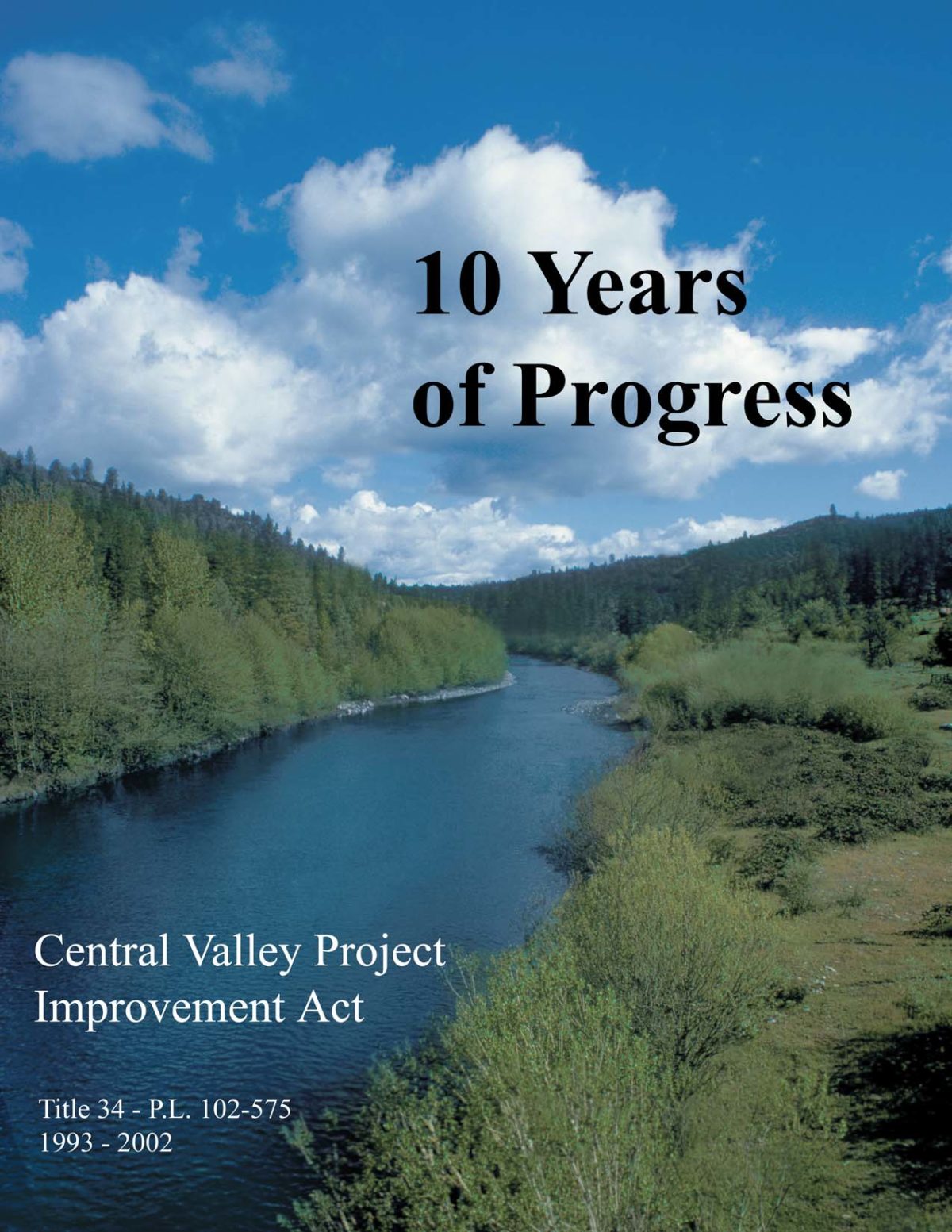
In 1992, Congress passed the Central Valley Project Improvement Act (Act, or CVPIA), which amended previous authorizations of the California Central Valley Project (CVP) to include fish and wildlife protection, restoration, enhancement, and mitigation as project purposes having equal priority with power generation, and irrigation and domestic water uses. Congress directed the Secretary of the … Continue reading “CVPIA 10 Years of Progress”
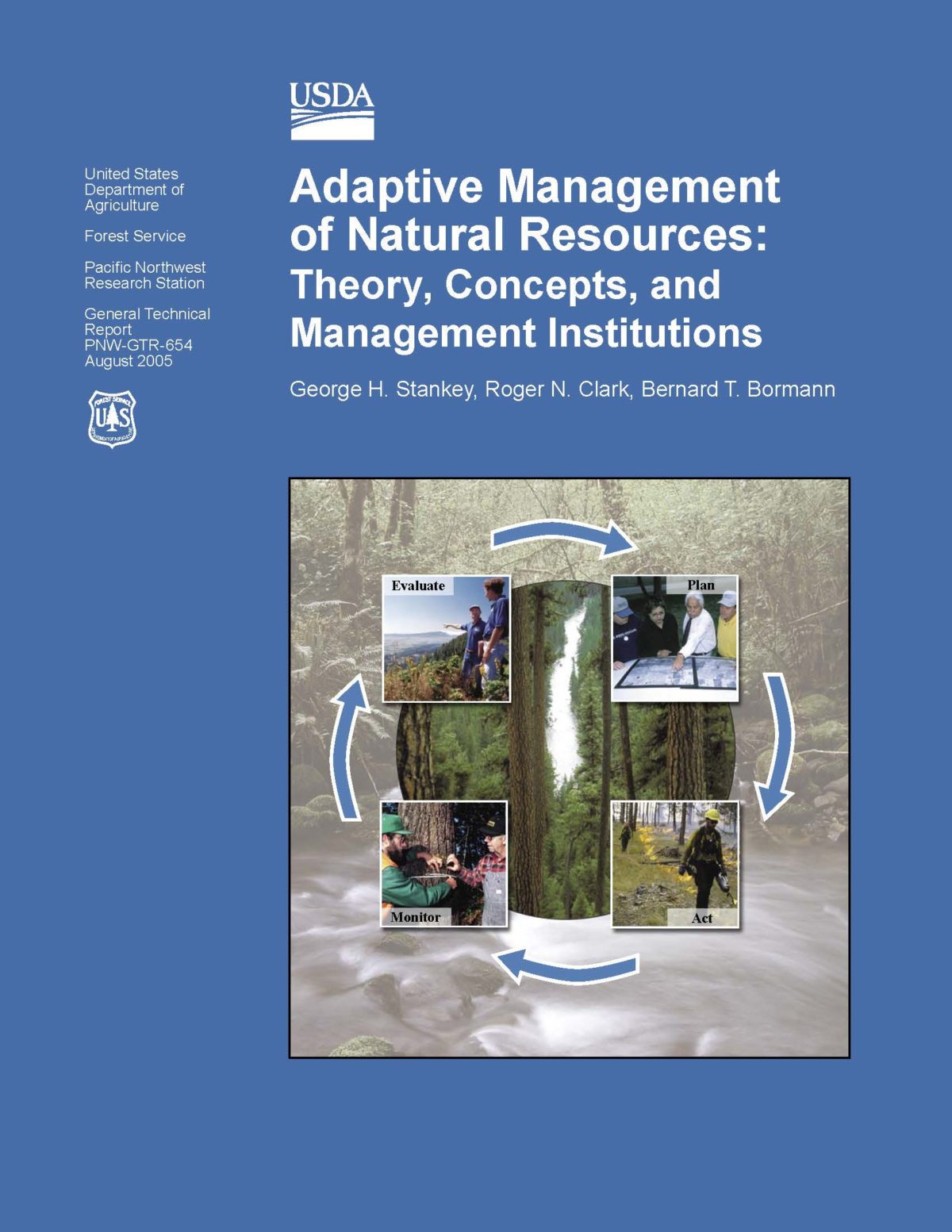
This report reviews the extensive and growing literature on the concept and application of adaptive management. Adaptive management is a central element of the Northwest Forest Plan and there is a need for an informed understanding of the key theories, concepts, and frameworks upon which it is founded. Literature from a diverse range of fields … Continue reading “Adaptive Management of Natural Resources: Theory, Concepts, and Management Institutions”
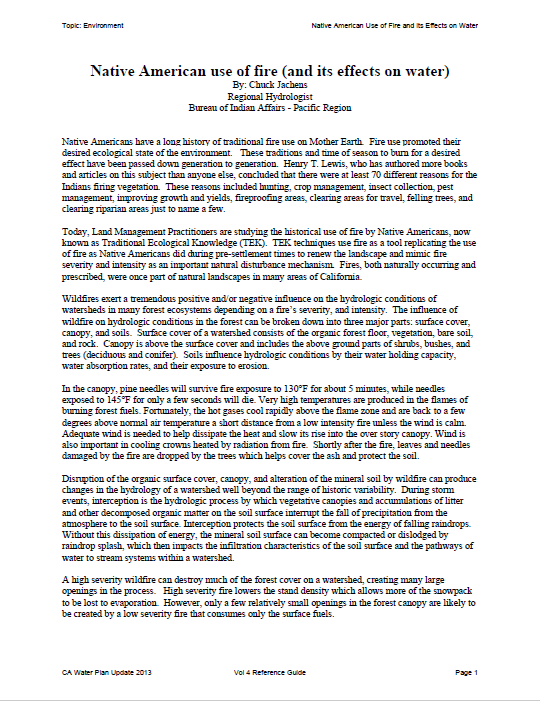
Native Americans have a long history of traditional fire use on Mother Earth. Fire use promoted their desired ecological state of the environment. These traditions and time of season to burn for a desired effect have been passed down generation to generation. Henry T. Lewis, who has authored more books and articles on this subject … Continue reading “Native American use of fire (and its effects on water)”
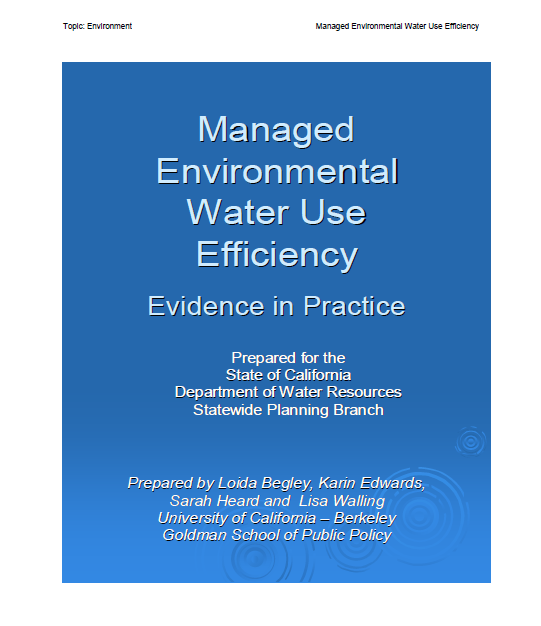
The California Water Plan Update 2005 first introduced the term Managed Environmental Water Use Efficiency (MEWUE). Specifically, it defines MEWUE as a “mechanism to analyze alternative uses of managed environmental water to determine which allocation of a given amount of water will maximize environmental benefits, and as a means to improve decision-making over time.” While … Continue reading “Managed Environmental Water Use Efficiency: Evidence in Practice”
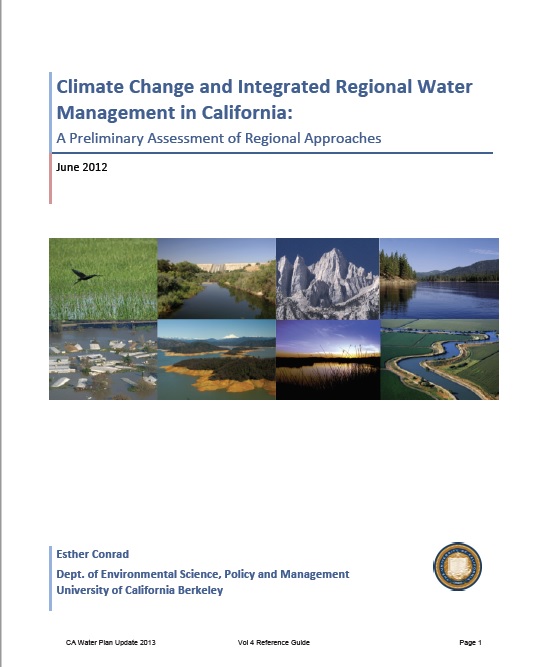
This report examines the initial steps that IRWM regions are taking in response to new requirements to address climate change vulnerabilities and consider greenhouse gas emissions in IRWM plans. Given our evolving understanding of climate change impacts and appropriate adaptation strategies, effectively integrating climate change into planning is a challenging task. This report seeks to … Continue reading “Climate Change and Integrated Regional Water Management in California: A Preliminary Assessment of Regional Approaches”
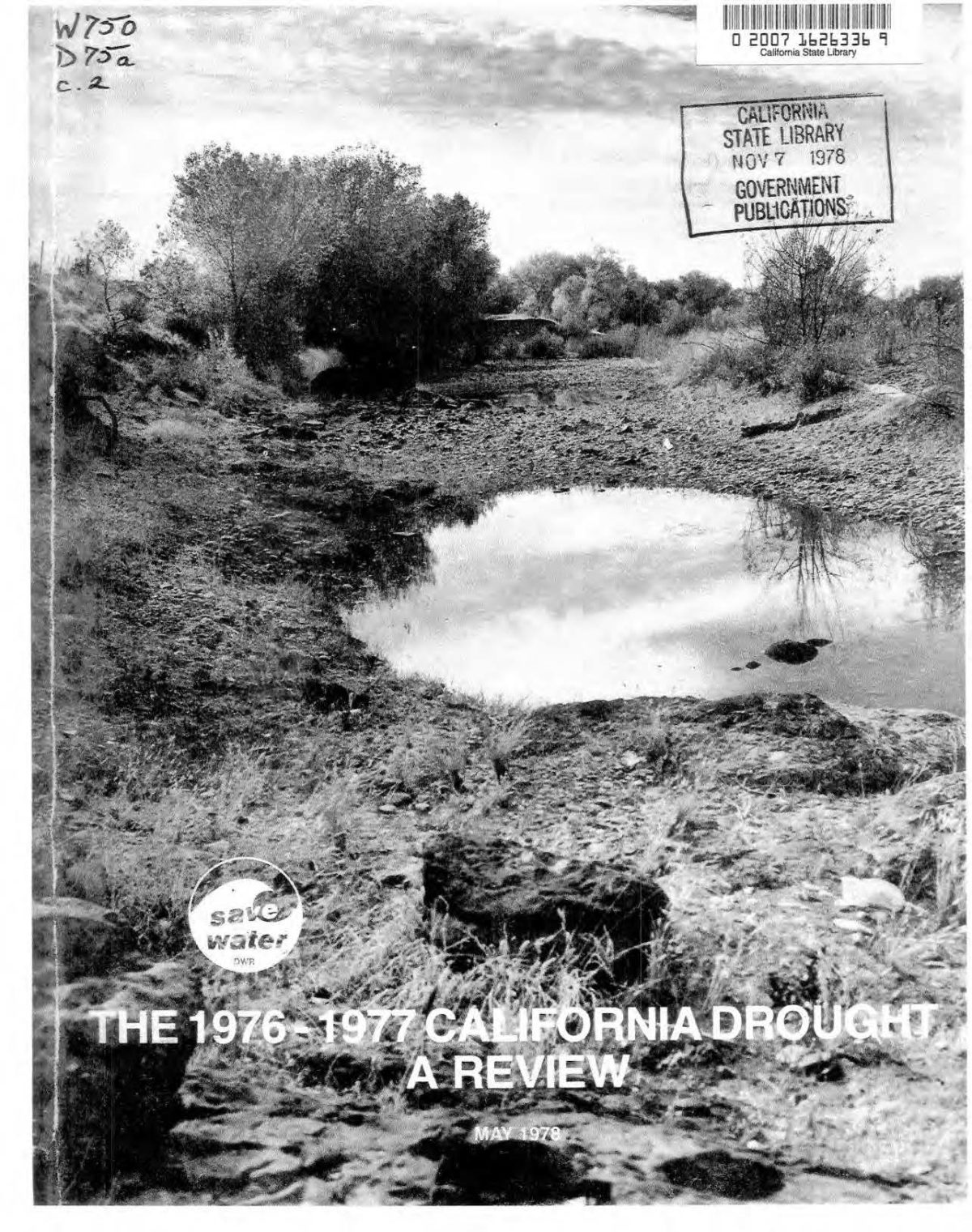
This is the fifth and final Department of Water Resources’ report on the 1976-1977 California drought, the worst in the State’s history, which saw 1976, the fourth-driest year of record, give way to 1977, the driest ever. These reports provide the most comprehensive documentation of a drought in history. The 1976-1977 drought has again shown … Continue reading “The 1976-1977 California Drought – A Review”
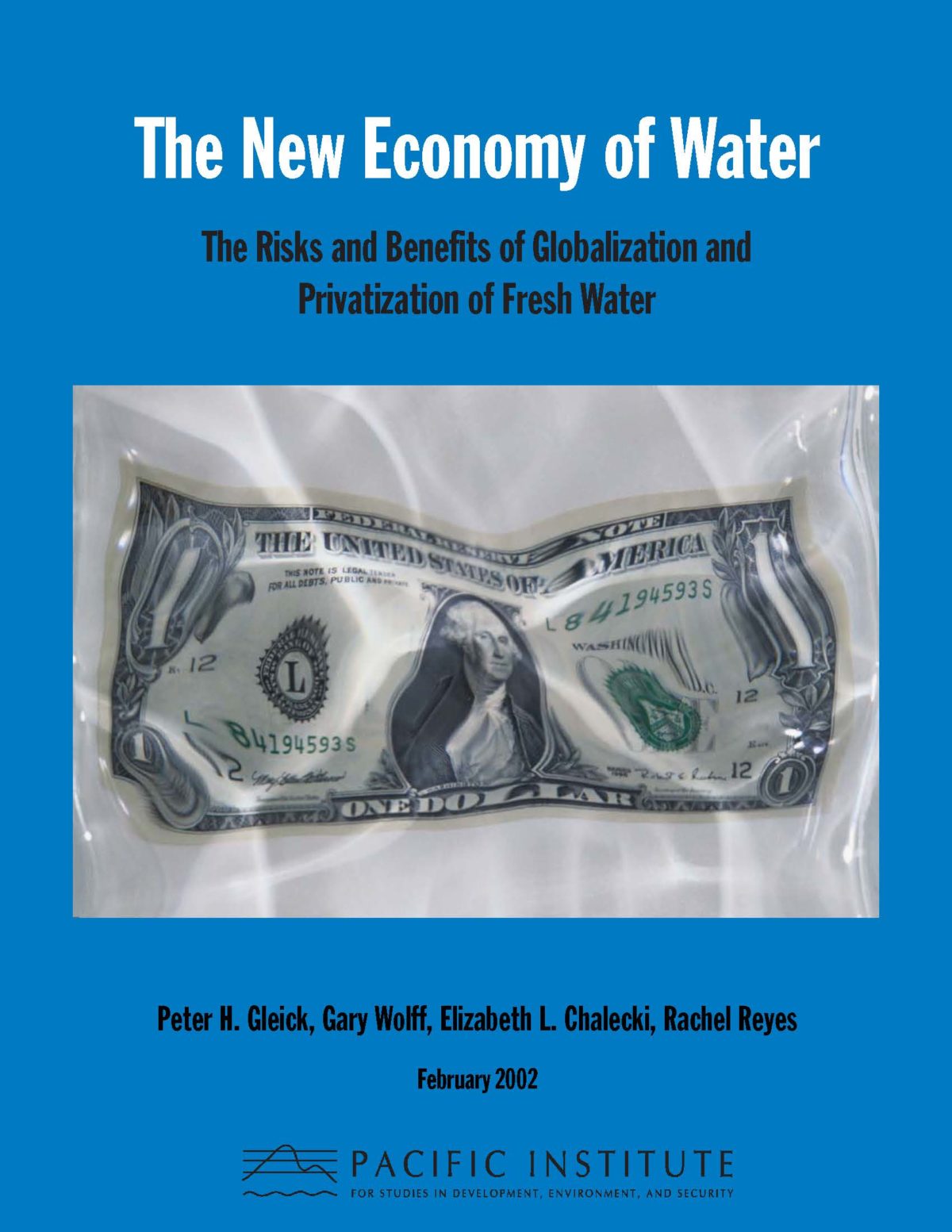
The New Economy of Water: The Risks and Benefits of Globalization and Privatization of Fresh Water is the most comprehensive examination of the issue of water privatization to date. The report looks at the dangers and benefits of water privatization, offers case studies from around the world, and sets forth principles designed to help guide privatization deals. “Our assessment shows that rigorous, … Continue reading “The New Economy of Water: The Risks and Benefits of Globalization and Privatization of Fresh Water”
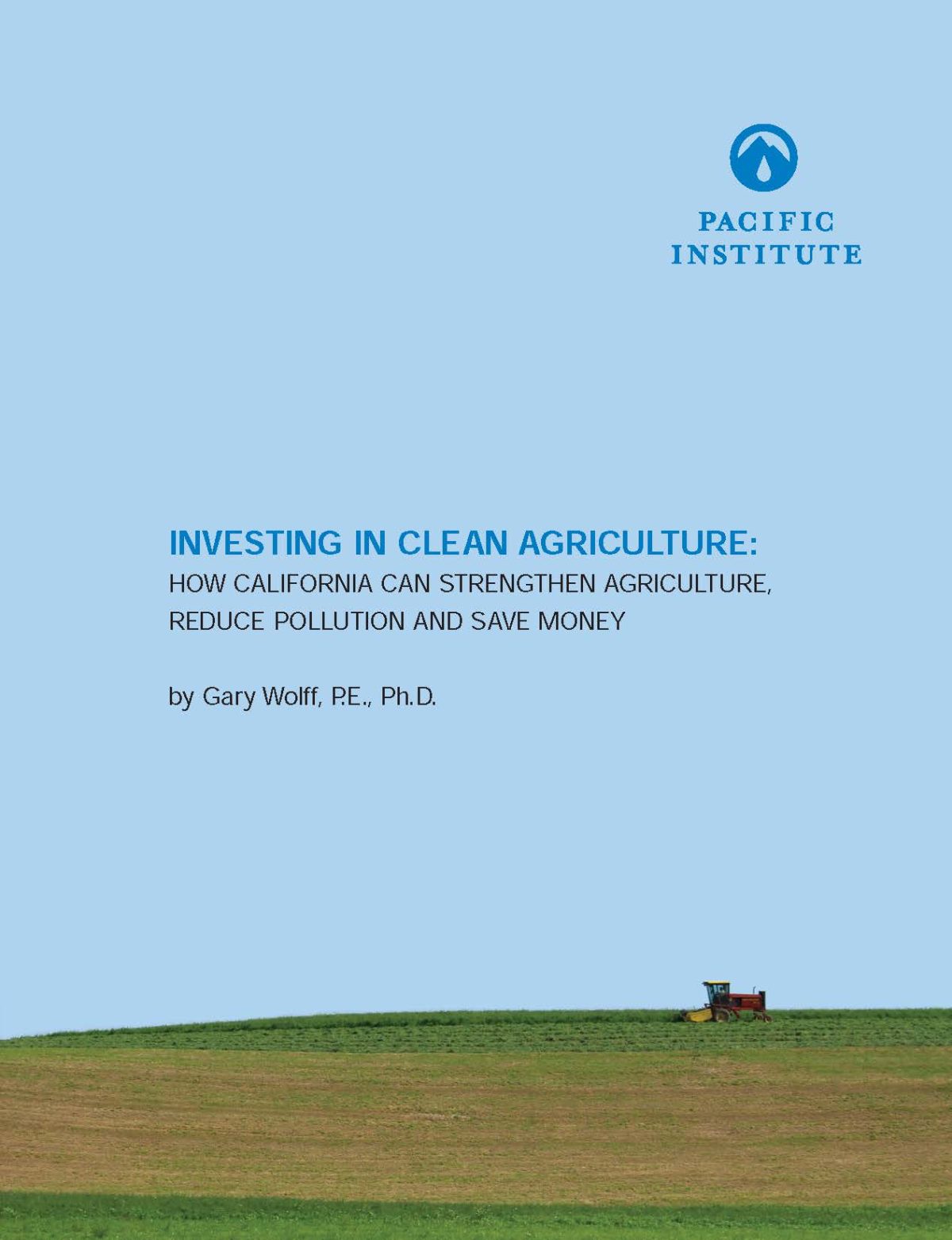
Global competition, suburban encroachment, tighter regulations, and rising input costs are making farming in California more difficult and, in some cases, less profitable. At the same time, pesticide pollution from farming is causing significant harm to California’s surface and groundwater, air quality, and human health. But there is a way to reduce pesticide use, protect … Continue reading “Investing In Clean Agriculture: How California Can Strengthen Agriculture, Reduce Pollution And Save Money”
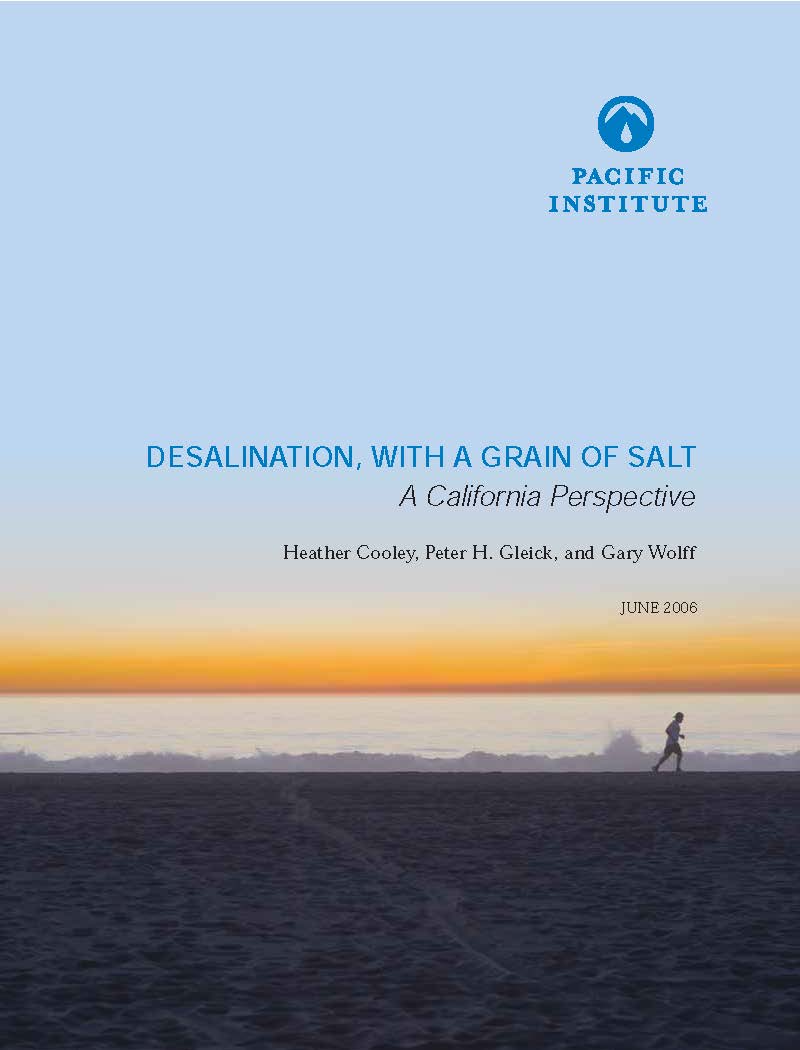
In Desalination, With a Grain of Salt – A California Perspective, the Pacific Institute provides a comprehensive overview of the history, benefits, and risks of ocean desalination, and the barriers that hinder more widespread use of this technology, especially in the context of recent proposals for a massive increase in desalination development in California.Long considered … Continue reading “Desalination, With a Grain of Salt – A California Perspective”
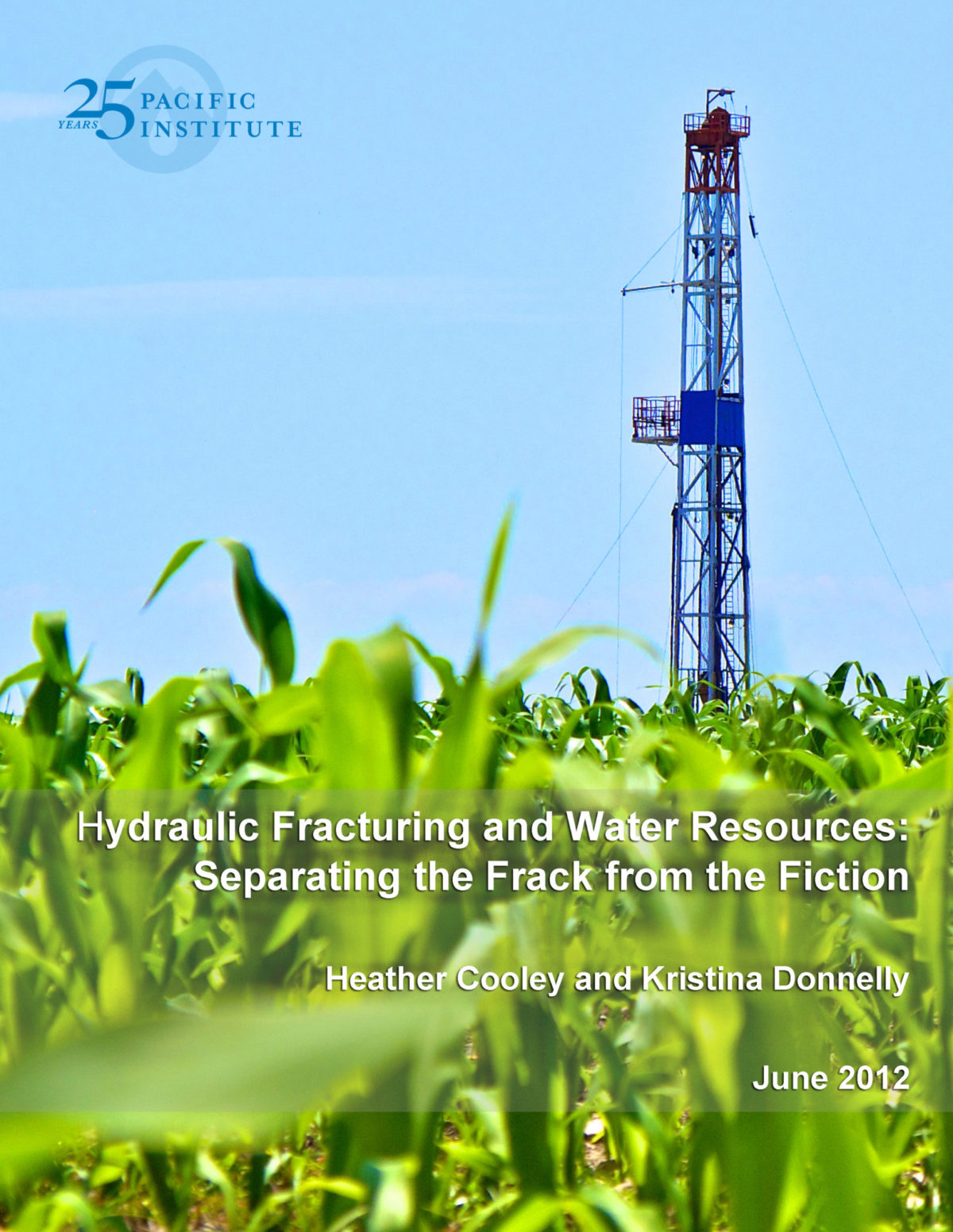
Hydraulic fracturing, or “fracking,” has generated growing controversy in the past few years. New research from the Pacific Institute finds the real issues around its impacts on water are shared by stakeholders from government to industry to environmental groups – and point to the need for better and more transparent information in order to clearly … Continue reading “Hydraulic Fracturing and Water Resources: Separating the Frack from the Fiction”









